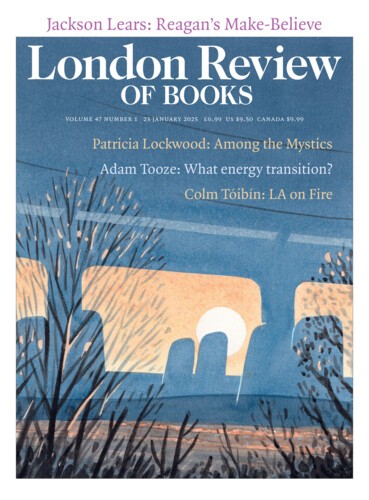The Stars over Red Rocks
Now you see, Urania, where the amphitheatre was.
They built it, like the ancient Greeks, all open plan.
Provisioned with natural acoustics, the space between
the two largest outcrops accommodates a crowd
and brackets the constellations; Cancer’s claws
grasp at heaven as the wind from Saskatchewan
pours unstoppably through this pass, a scene
straight out of the fragment of that poem ploughed
from the ruins of the library, fragment fifty-three:
‘The Big Dipper reached down to scoop the music
but only sieved it.’ It also has that image
of all the women’s hair lifted streaming in the wind …
These boulders are untouched, virtually,
in the thousand years since she dropped the mic.
Two pianos faced each other on the stage:
the tilt of the lid propped open on the baby grand
echoed that outcrop there.
Professore did
they bury the instruments with their divas I’m thinking
of the lyre found in the grave of Queen Puabi at Ur
Or the horse buried with his warrior!
That’s the truth those Bösendorfers hid:
that they were Trojan Horses, keys plinking
amiably until a chord change – ruse de guerre –
and then they were attacking, an archetypal force.
Hardly entertainment. Why do you think that lyre
was decorated with a lion-headed eagle,
a man with a bull’s head and horns? Leopards
and gazelles? Lapis lazuli and gold they’d source
from mines and rivers were thought to inspire
divine song; instruments had to be regal
like the painted cabinetry of some clavichords
depicting mythological contests between gods
and hapless satyrs. These people weren’t known
to embellish their instruments the way they tattooed
themselves, but little was hand-crafted in those days …
Each act, each performer sought – what are the odds –
the fulcrum to move these rocks, said to groan
and thrash and sob, such was the magnitude
of Orpheus’s gift for lamentation and praise.
See the angle of that jib, that cross-sectioned cone
of turbiditic sediment crushed by its own pressure
then subducted so it stands almost vertical?
And then the oblate boulders like dinosaur eggs?
The earth blushed here. Well it is an orogenesis zone
Touché, Urania. Can Muses be funny? Sure
But while you were thinking me your pupil
trying to teach me Time I was thinking miles and legs
fathoms and versts and parasangs I’m far-sighted
as a seasoned mom but Time Professore forget it.
I see in long frozen exposures like an early camera
Your eras are mirages acts mirages of an era
The Madonna of Oranges
In the backwoods and bayous
they grunt for worms in April:
it’s a kind of chthonic festival.
The method that tortoises use
works for robins, and for folk:
thumping the ground, they claim,
fools the worms expecting rain
(as if nothing else awoke:
After the bodies fall in Act V,
the actors stomp the boards,
resurrecting ladies and lords
before the worms arrive).
Grotesque oranges fall since
huanglongbing went after citrus.
Madonna of Oranges, pray for us.
Psyllids bring the pestilence.
When orchards are obsolete forms,
will you sponsor an Ubi sunt?
Will Floridian poets grunt
for elegies rather than worms?
Think of the scent gone forever.
Think of no orange blossom,
the loss to the sensorium,
the honey bee’s chef d’oeuvre.
In greatcoat and red epaulet,
the blackbird croons a funeral.
Its breath creates a thermal curl.
As if to discharge the debt,
an orange thuds, summoning
breakfast for the early riser,
a worm, a phloem-coloniser,
an earworm: huanglongbing.
Send Letters To:
The Editor
London Review of Books,
28 Little Russell Street
London, WC1A 2HN
letters@lrb.co.uk
Please include name, address, and a telephone number.

